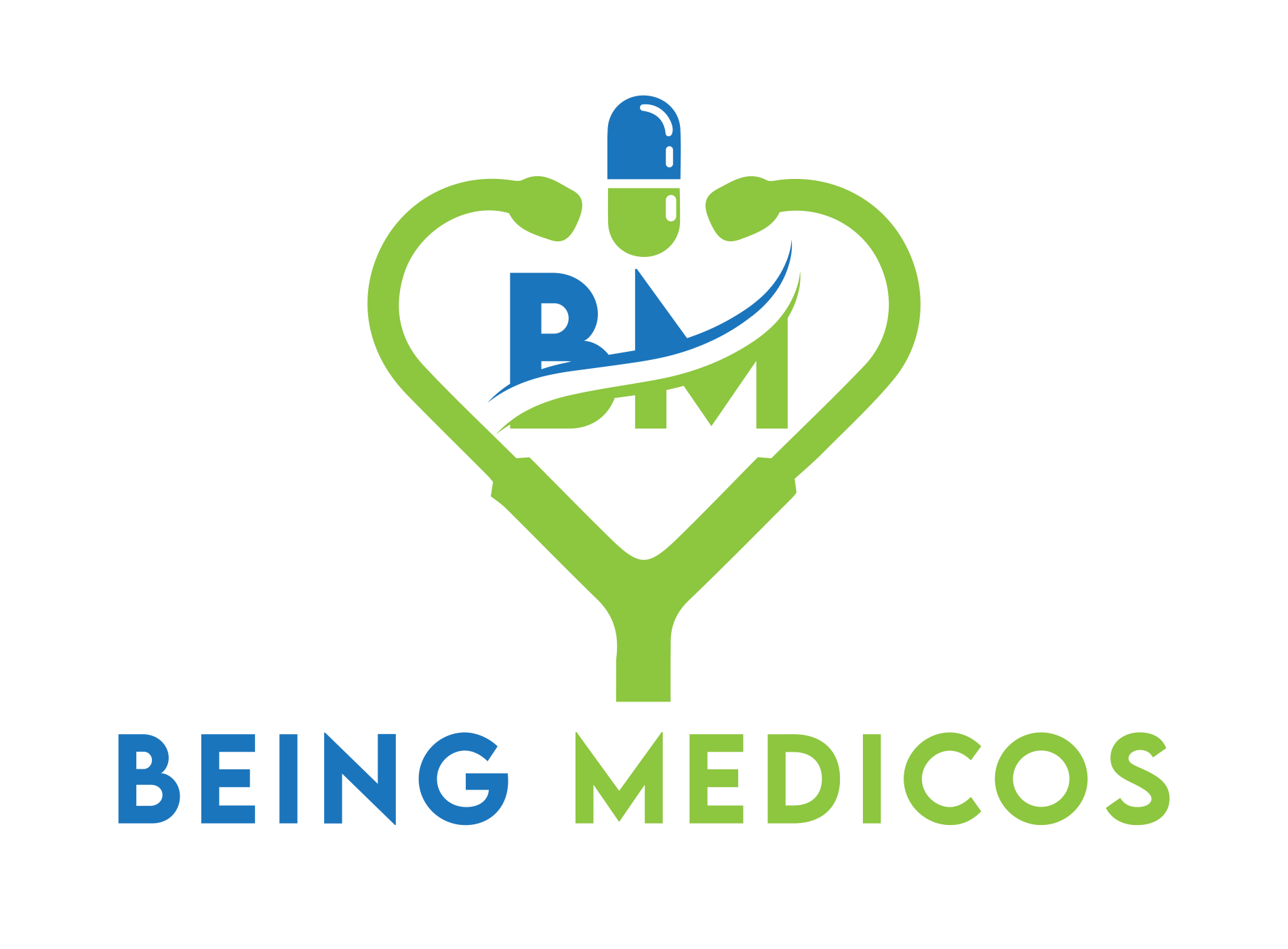Diseases & Conditions
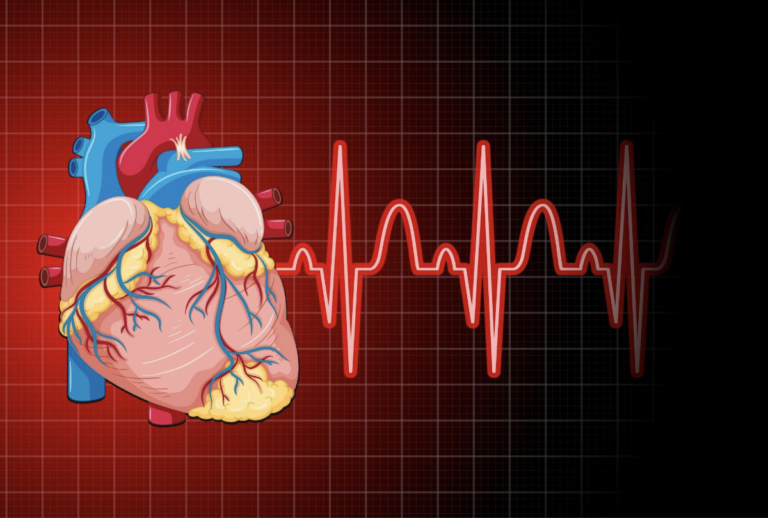
Atrial Fibrillation
Atrial Fibrillation : A Comprehensive Guide Introduction Atrial Fibrillation (AF) represents a frequent heart arrhythmia where disordered and speedy electrical atrial activity creates ventricular heart rates that become irregular and frequently fast. The condition causes poor atrial muscle contraction which enhances the possibilities of heart failure stroke and death. Key
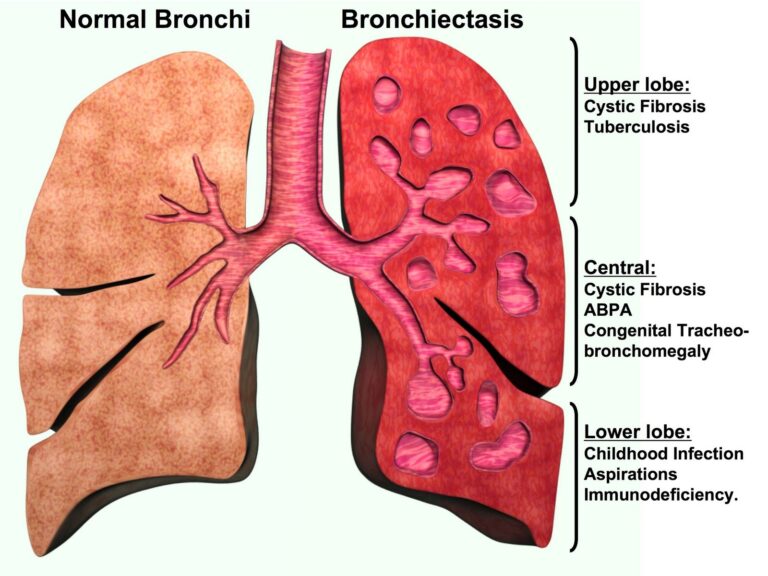
Bronchiectasis
Bronchiectasis Introduction Bronchiectasis is a chronic respiratory condition characterized by abnormal and permanent dilation (widening) of the bronchial tubes (airways) in the lungs. This dilation is typically caused by damage or destruction of the bronchial walls, leading to the accumulation of mucus and bacteria, which can further damage the airways
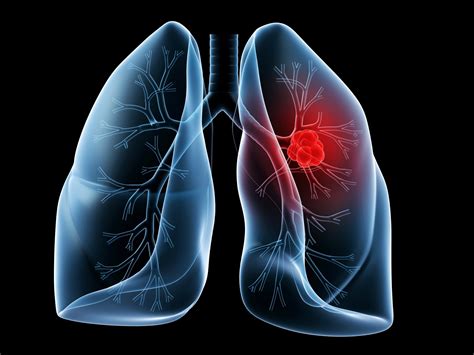
Lung Cancer
Lung Cancer Introduction Lung cancer is a type of cancer that begins in the lungs, primarily in the cells lining the airways (bronchi) and parts of the lung used for breathing. It is one of the most common and deadly forms of cancer worldwide. It is typically classified into two
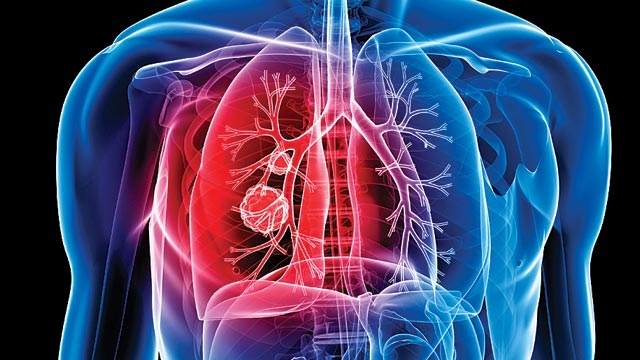
Tuberculosis (TB)
Tuberculosis (TB) Introduction Tuberculosis (TB) is a potentially serious infectious disease that primarily affects the lungs. It is caused by a type of bacterium called Mycobacterium tuberculosis. TB has been around for centuries and remains a significant public health concern, especially in developing countries and areas with high poverty rates.
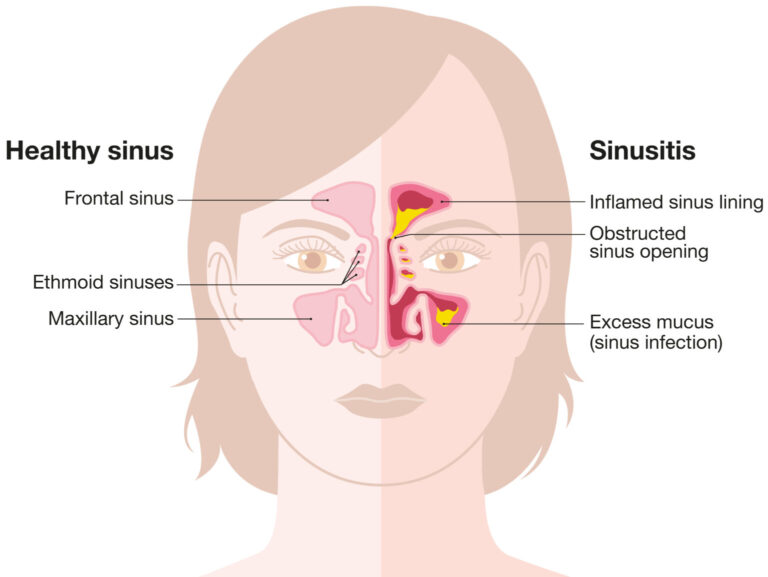
Sinusitis
Sinusitis Introduction Sinusitis is an inflammation or infection of the sinus cavities, which are air-filled spaces within the bones of the skull. The sinuses are connected to the nasal passages, and their primary function is to produce mucus, which helps trap dust, germs, and other particles before they enter the
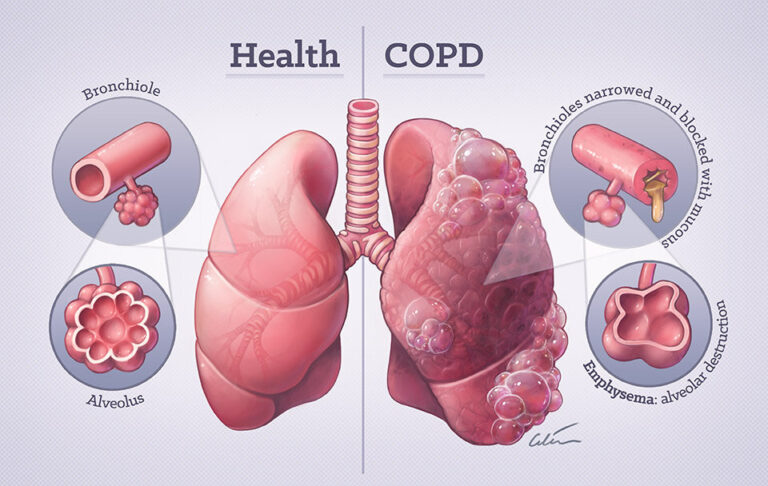
COPD
COPD (Chronic Obstructive Pulmonary Disease) Introduction Chronic Obstructive Pulmonary Disease (COPD) is a progressive and debilitating respiratory condition that affects the lungs and the body’s ability to breathe effectively. It is a chronic inflammatory disease that causes obstructed airflow from the lungs, making it increasingly difficult to breathe over time.
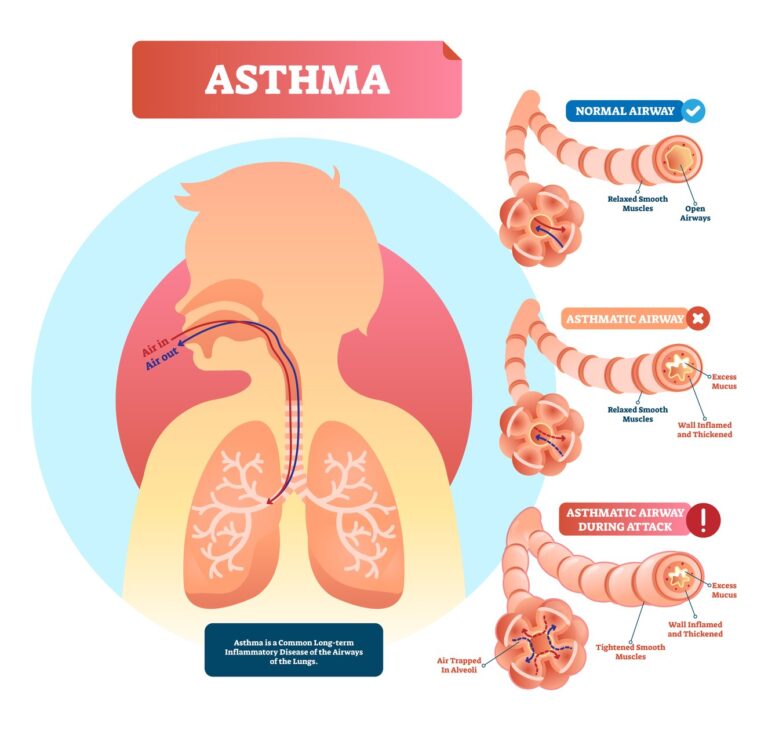
Asthma
Asthma Introduction Asthma is a chronic respiratory condition characterized by inflammation and narrowing of the airways, making it difficult to breathe. It is a common condition that affects people of all ages and can range from mild to severe. The exact cause of asthma is not fully understood, but it
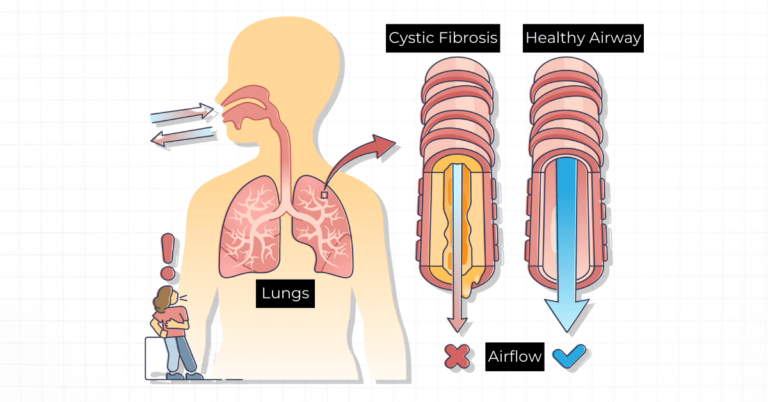
Cystic Fibrosis
Cystic Fibrosis Introduction Cystic fibrosis (CF) is a genetic disorder that affects various organ systems, primarily the lungs and digestive system. It is a chronic and progressive condition caused by mutations in the cystic fibrosis transmembrane conductance regulator (CFTR) gene, which regulates the movement of salt and water across cell
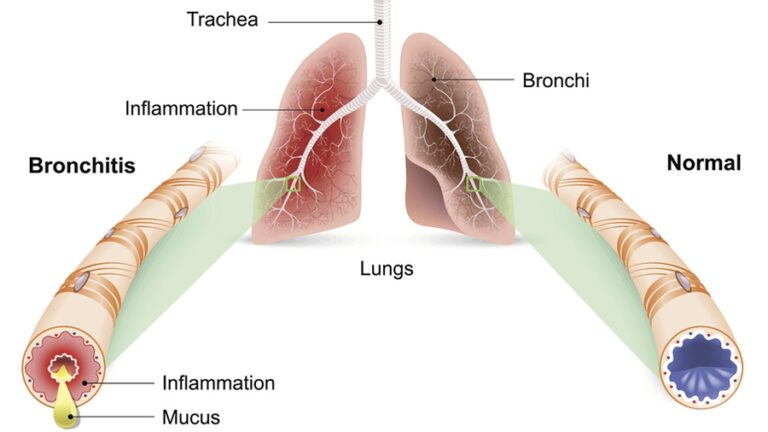
Bronchitis
Bronchitis Introduction Bronchitis is an inflammatory condition that affects the bronchial tubes, which are the airways that carry air from the trachea (windpipe) into the lungs. It can be classified as acute or chronic, depending on its duration and severity. Acute bronchitis is a short-term inflammation of the bronchial tubes,
